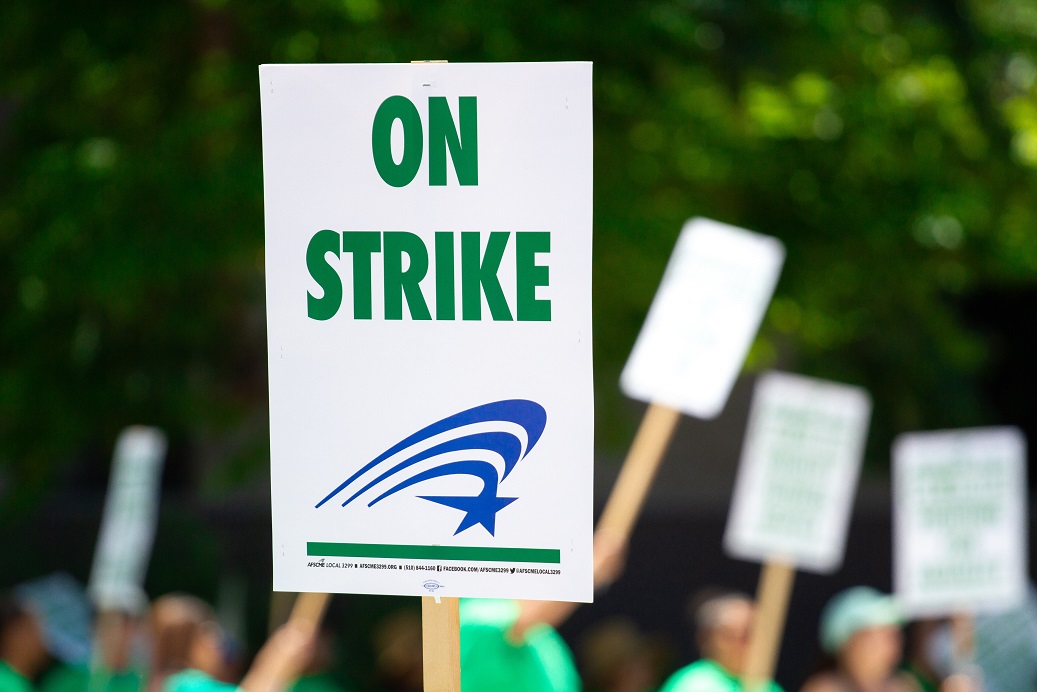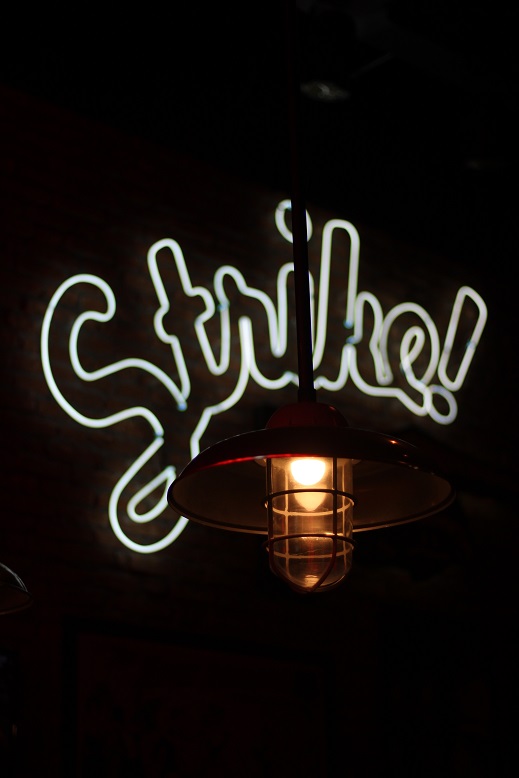Longest mental health strike finally comes to an end.
The tenth week of the Kaiser Permanente mental health workers strike in California finally ended on October 20, 2022. It first started on August 15th after contract negotiations started to go sour between the National Union of Healthcare Workers and Kaiser. Workers claim that not only were they forced to take on large caseloads, but new patients were also suffering from long wait times to start therapy. Current patients had their own problems, having to wait up to 1 to 2 months between their therapy sessions, at minimum.
Up to 2000 members of the Union ended up protesting through the tenth week. They had a list of demands they wanted to see met before they would return to work. The mental health workers wanted staffing to be increased, which would take care of the issue of patients having to wait so long to first be seen. If they were already patients, then they would be seen more frequently. Other things they wanted included reduced caseloads, and Kaiser covering out of network services if in network care wasn’t available. Kaiser is required by law to cover out of network services if nothing else is offered because of California’s mental health parity law, making its actions (or inaction) a possible legal issue.

Mental health care has long been met with some hurdles in the United States. The Kaiser strike only further emphasizes an issue that has been decades in the making. One big concern is that people can’t afford mental health care, and this can be even with insurance. A inability to afford treatment has solidified the stigma around psychological help as being something that’s “nice to have” but not necessary. It affects everyone and shows no sign of stopping. For those on fixed incomes, seeking help for their mental health is just too expensive to even consider. This is for all age groups, people over sixty and those who are under 18. Thus, the majority of the population remains unable to access care.
According to the Psychiatric Times, another reason mental health care in the U.S. is facing a crisis is because of a huge practitioner shortage. There is an overall lack of psychotherapists, mental health counselors, social workers, psychiatrists, psychoanalysts and others in the field, across the board. Recall that Kaiser’s employees complained of huge caseloads and wanted more staff hired so it would ease some of the burden on them. Lack these mental health professionals can be found all over the nation – this isn’t unique to a specific state or county even if some areas might be worse off than others.
Unfortunately, this problem is likely to increase quite a bit in the next few years and there seems to be no sign of stopping. It would not be surprising if other mental health facilities end up facing strikes among their workers as well.
The end of the Kaiser Permanente strike after the tenth week (which is the longest mental health care worker strike in the U.S. to date), offers some hope for conflicts in the future. While details of the agreement between the worker’s union and Kaiser haven’t been released as of yet, it is known that the agreement is to last four years. Patients of this facility can now breathe a sigh of relief and hopefully get back to their treatment as soon as possible.
Sources:
Update: Kaiser mental health workers reach a tentative agreement
Psychiatric Care in the US: Are We Facing a Crisis?
Kaiser mental health workers return after tentative agreement reached, ending strike in Central CA


Join the conversation!